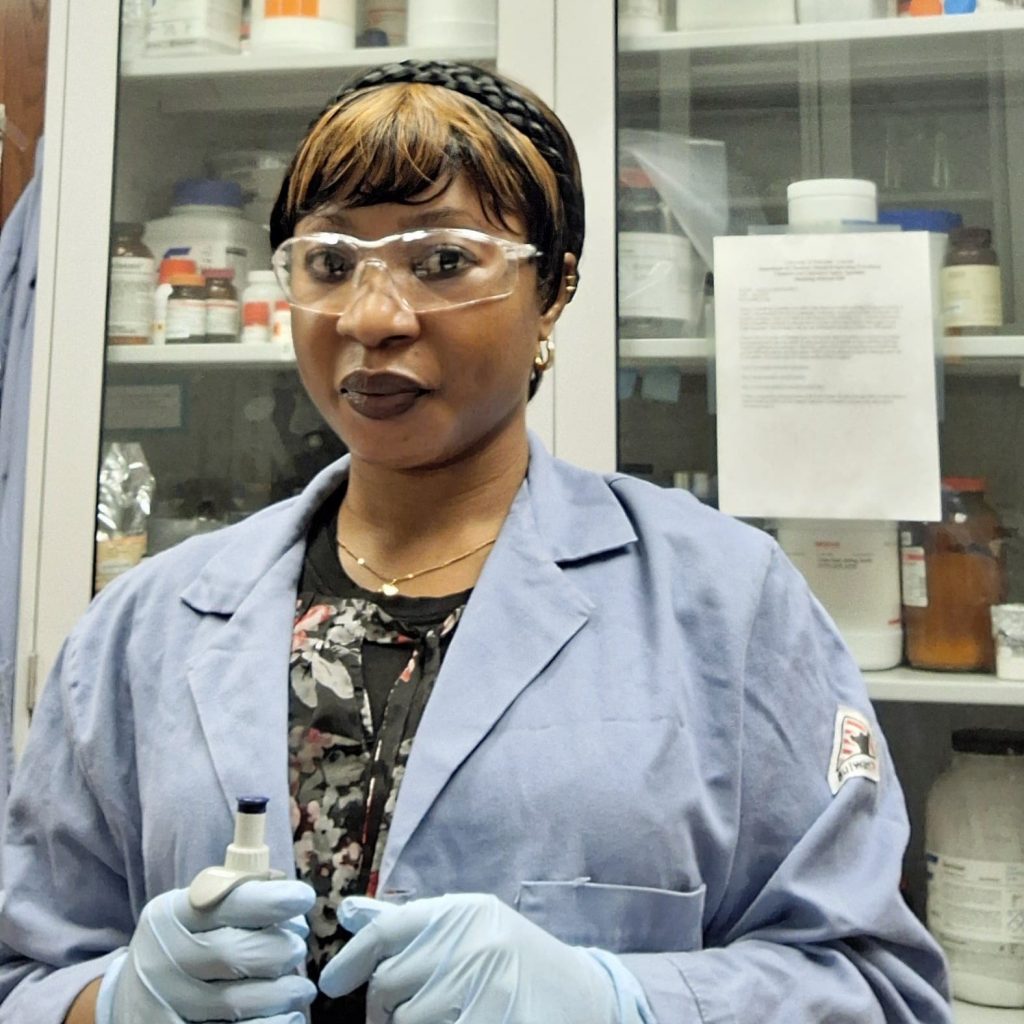Pioneering Research in Plant Science
A Nigerian biologist, Cynthia Anukege, has received a $5,000 research grant from the University of Nebraska at Omaha in the United States. This funding is aimed at supporting her groundbreaking work in plant science and sustainable agriculture.
Anukege shared her thoughts on the grant in a statement. She explained that the funding was provided through the university’s competitive Graduate Research and Creative Activity Award. This support enabled her to explore the genetic diversity and evolutionary history of Pediomelum tenuiflorum, a native North American legume known for its ecological and conservation significance.
Her research involved molecular analysis and DNA sequencing. The goal is to enhance understanding of how native plants evolve and adapt. This knowledge could lead to the development of more sustainable farming practices.
“The $5,000 grant gave me the tools to pursue meaningful work,” Anukege said. “It helped me develop the technical and analytical skills needed to investigate how plant species evolve and adapt to their environments.”
Anukege earned her undergraduate degree in Biology from the Federal University of Technology, Minna. Afterward, she moved to the United States, where she recently completed a Master of Science in Biology at the University of Nebraska at Omaha.
She has presented her findings at academic conferences and contributed to the growing body of research on native flora and its potential role in climate-resilient agriculture.
Encouraging Aspiring Researchers
Anukege encourages aspiring researchers in Nigeria and across Africa. She believes these regions have immense potential and talent. Scientific research offers solutions that benefit farmers, communities, and the global agricultural system. With the right support, she says, African researchers can contribute knowledge that makes a difference.
She described the grant as a critical turning point in her academic journey. “That support came at a moment when I needed it most,” she said. “It allowed me to test ideas, share my work with the scientific community, and prepare for the demands of a research-intensive career.”
Contributions to Scientific Community
Anukege’s work highlights the importance of studying native plants. By understanding their genetic makeup, scientists can develop strategies for sustainable agriculture. This is particularly important in the face of climate change and environmental challenges.
Her research not only contributes to scientific knowledge but also has practical applications. It could help farmers adopt more sustainable practices, reducing the environmental impact of agriculture while maintaining productivity.
Future Prospects
Looking ahead, Anukege aims to continue her research and expand her contributions to the field. She hopes to collaborate with other scientists and institutions to further explore the potential of native plants in agriculture.
Her story serves as an inspiration to young researchers, especially in Africa. It shows that with determination, support, and access to resources, individuals can make significant contributions to science and society.
Conclusion
Cynthia Anukege’s journey exemplifies the power of research and the impact of financial support on scientific progress. Her work on Pediomelum tenuiflorum underscores the importance of understanding plant genetics and evolution. As she continues her studies and research, her contributions will likely play a vital role in shaping the future of sustainable agriculture.






